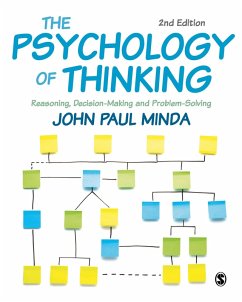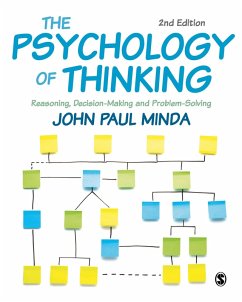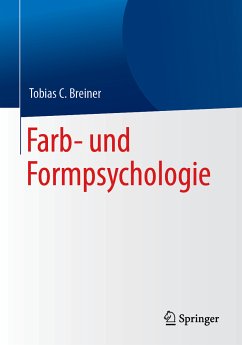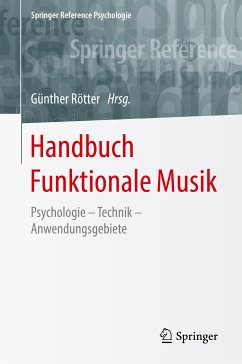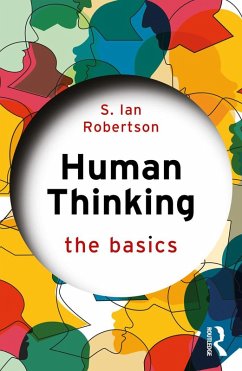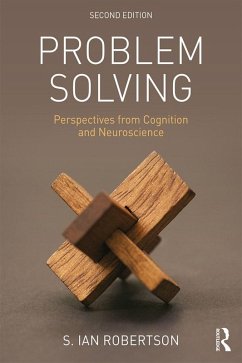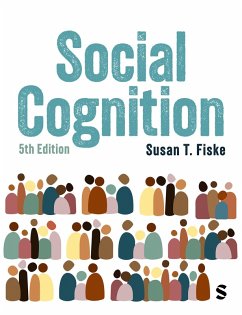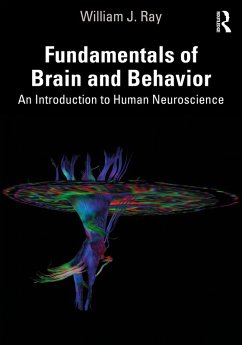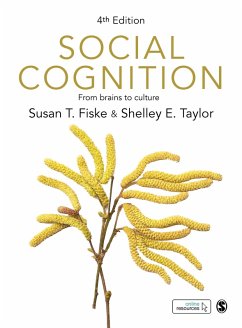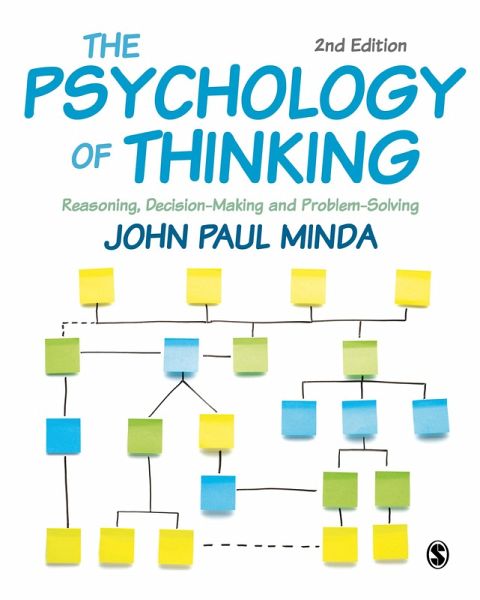
The Psychology of Thinking (eBook, PDF)
Reasoning, Decision-Making and Problem-Solving
Versandkostenfrei!
Sofort per Download lieferbar
37,95 €
inkl. MwSt.
Weitere Ausgaben:

PAYBACK Punkte
19 °P sammeln!
The Psychology of Thinking is an engaging, interesting and easy-to-follow guide into the essential concepts behind our reasoning, decision-making and problem-solving. Clearly structured into 3 sections, this book will; Introduce your students to organisation of thought including memory, language and concepts; Expand their understanding of reasoning including inference and induction as well as motivation and the impact of mood; Improve their thinking in action, focusing on decision-making and problem-solving. Suitable for any course in which students need to develop their judgement and decisio...
The Psychology of Thinking is an engaging, interesting and easy-to-follow guide into the essential concepts behind our reasoning, decision-making and problem-solving. Clearly structured into 3 sections, this book will;
Suitable for any course in which students need to develop their judgement and decision-making skills, this book uses clever examples of real-world situations to help them understand and apply the theories discussed to their everyday thinking.
- Introduce your students to organisation of thought including memory, language and concepts;
- Expand their understanding of reasoning including inference and induction as well as motivation and the impact of mood;
- Improve their thinking in action, focusing on decision-making and problem-solving.
Suitable for any course in which students need to develop their judgement and decision-making skills, this book uses clever examples of real-world situations to help them understand and apply the theories discussed to their everyday thinking.
Dieser Download kann aus rechtlichen Gründen nur mit Rechnungsadresse in A, D ausgeliefert werden.




